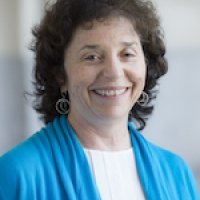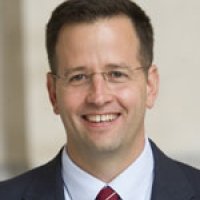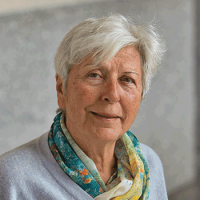The Democratic Alternative from the South: India, Brazil, and South Africa
The evidence from three important rising democracies makes it clear: there is no need to give up individual rights and freedoms in order to achieve growth or to expand opportunities for the majority of citizens. On the contrary, the experiences of India, Brazil, and South Africa demonstrate that the expansion and strengthening of democratic institutions can pave the way for a second wave of reforms needed to ensure steady high growth and to increase opportunities for the poor. Since the global financial crisis of 2008, however, many countries in the developing world have looked at China as a model for rapid growth.
This battle of ideas between democratic and authoritarian approaches to growth will be the focus of a seminar the Brazil Institute, the Africa Program, and the Asia Program of the Wilson Center will jointly host on May 20 to mark the Washington launching of Democracy Works—a joint project of the Legatum Institute (United Kingdom), Center for Development and Enterprise (CDE, South Africa), Center for Policy Research (India), and Instituto de Estudos do Trabalho e Sociedade (IETS, Brazil). Two of the principal authors, Ann Bernstein, from CDE, and Simon Schwartzman, from IETS, are former Wilson Center Scholars. The project was in part developed during Ann Bernstein's residence at the Center in 2013.
Click here to view the event pictures
Speakers


Associate Fellow, Institute for Studies in Economic Policy, Rio de Janeiro

Executive Director, Centre for Development and Enterprise, South Africa

Professor, School of International Service, American University, and former Brazil Institute Fellow


Former Senior Research Associate and Head of the Middle East Program, Carnegie Endowment for International Peace

Hosted By

Brazil Institute
The Brazil Institute—the only country-specific policy institution focused on Brazil in Washington—aims to deepen understanding of Brazil’s complex landscape and strengthen relations between Brazilian and US institutions across all sectors. Read more


Africa Program
The Africa Program works to address the most critical issues facing Africa and US-Africa relations, build mutually beneficial US-Africa relations, and enhance knowledge and understanding about Africa in the United States. The Program achieves its mission through in-depth research and analyses, public discussion, working groups, and briefings that bring together policymakers, practitioners, and subject matter experts to analyze and offer practical options for tackling key challenges in Africa and in US-Africa relations. Read more


Indo-Pacific Program
The Indo-Pacific Program promotes policy debate and intellectual discussions on US interests in the Asia-Pacific as well as political, economic, security, and social issues relating to the world’s most populous and economically dynamic region. Read more


Mexico Institute
The Mexico Institute seeks to improve understanding, communication, and cooperation between Mexico and the United States by promoting original research, encouraging public discussion, and proposing policy options for enhancing the bilateral relationship. A binational Advisory Board, chaired by Luis Téllez and Earl Anthony Wayne, oversees the work of the Mexico Institute. Read more
